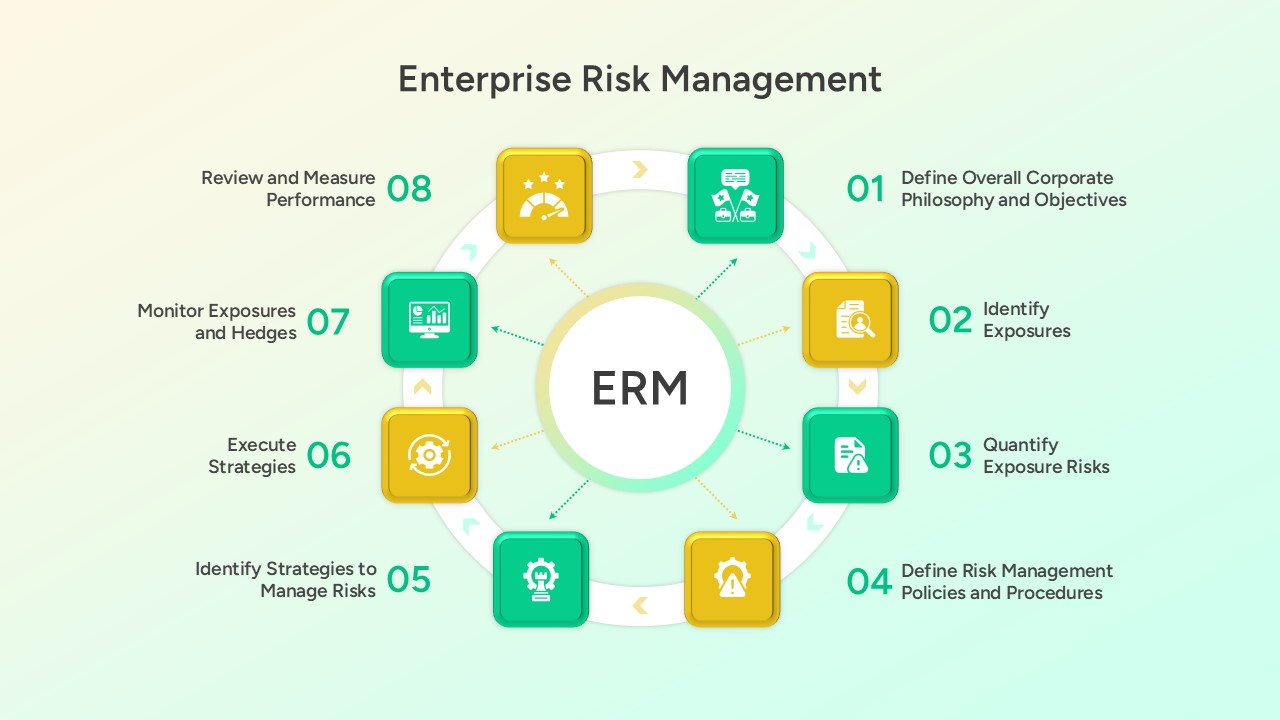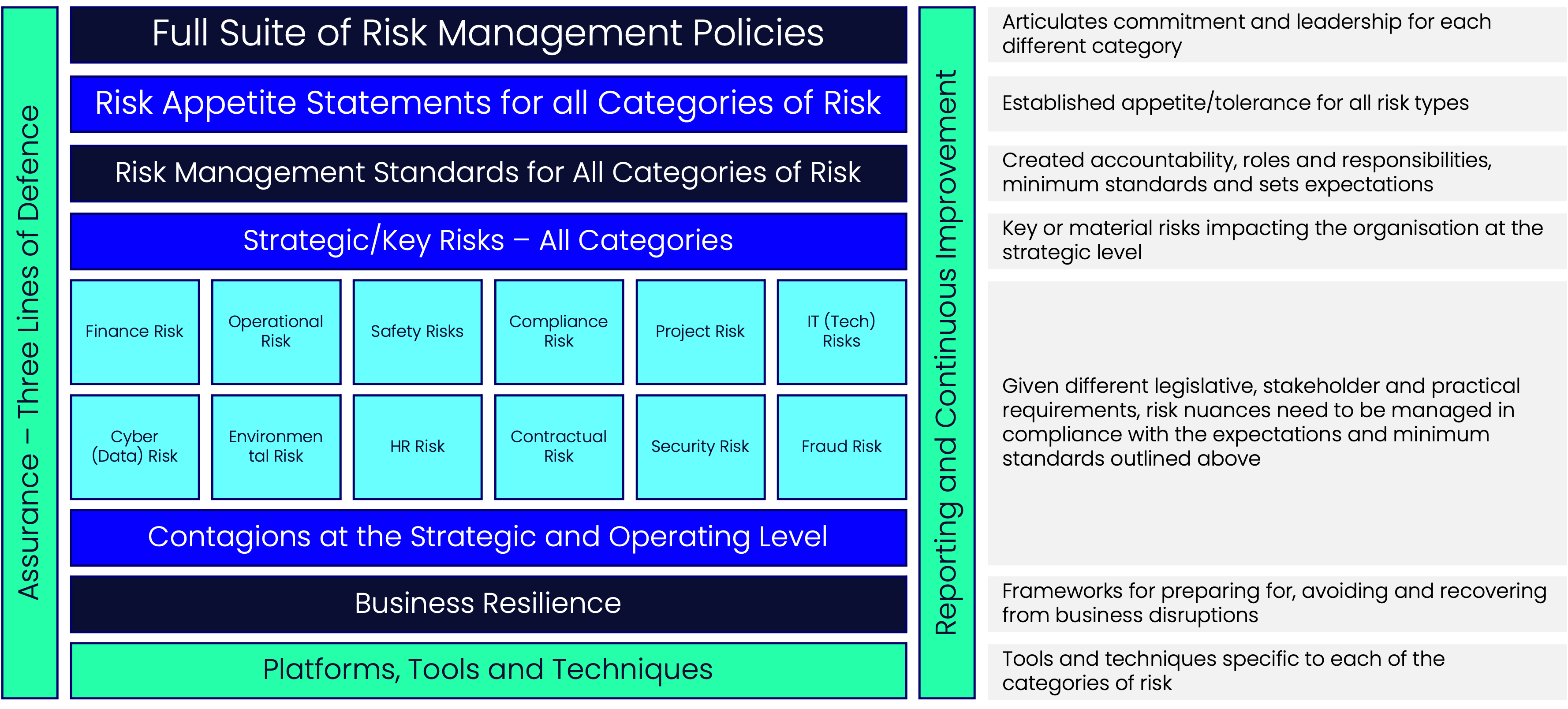Insider threats offer a complete outlook for strengthening protection
Wiki Article
Explore the Role of AI in Promoting Ethics and Integrity to Battle Expert Threats Successfully
The assimilation of AI in business structures has actually become crucial in dealing with expert threats. By employing innovative analytics and real-time monitoring, AI systems can identify variances from moral behavior among staff members (Insider threats). This positive approach not just enhances compliance however also promotes a setting of trust. As business increasingly depend on these technologies, questions arise regarding their efficiency and possible implications for workplace society. What exists in advance in the development of AI's duty in advertising integrity?Comprehending Expert Threats and Their Effect On Organizations
Although organizations frequently concentrate on exterior risks, insider dangers present a significant danger that can weaken safety and honesty. These risks arise from individuals within the company, such as workers or contractors, who may misuse their access to sensitive information for individual gain or malicious intent. The impact of insider dangers can be severe, bring about monetary losses, reputational damages, and legal implications.Factors adding to insider threats consist of dissatisfaction with the work environment, absence of oversight, and inadequate worker training on safety and security procedures. Organizations typically battle to recognize these hazards, as they can be challenging to identify up until significant damage has occurred. Avoidance strategies should concentrate on cultivating a culture of trust and accountability, alongside executing robust monitoring and reporting systems. By identifying and attending to the intricacies of insider risks, organizations can boost their safety position and shield their important possessions from internal risks.
The Development of AI in Workplace Protection
As organizations increasingly challenge varied safety and security difficulties, the combination of expert system (AI) in office security has actually evolved considerably. AI applications focused primarily on automating standard protection procedures, such as gain access to control and security. However, improvements in machine understanding and information analytics have actually transformed AI into a proactive device with the ability of identifying potential risks and vulnerabilities in real-time.Organizations currently utilize AI-driven systems to examine large amounts of information, allowing them to discover anomalous actions that might suggest insider hazards. This development has led to the growth of innovative algorithms that can learn from historic occurrences, enhancing the system's anticipating abilities. In addition, AI devices are significantly utilized to streamline case feedback procedures, allowing security teams to act swiftly and efficiently.
Just How AI Monitors Staff Member Habits for Ethical Conformity
Man-made intelligence plays an important duty in keeping track of staff member habits to assure honest conformity within organizations. AI systems assess large quantities of data created by employees, including communications, transactions, and accessibility to delicate information. By using advanced formulas, these systems can recognize discrepancies from developed moral requirements and firm plans.Device understanding models constantly adjust to recognize patterns of habits that could indicate ethical breaches, such as unapproved information access or unusual deal tasks. Insider threats. On top of that, AI-driven devices can provide real-time informs to monitoring, helping with prompt treatments when possible risks are identified
The integration of AI into compliance monitoring not only enhances the organization's capacity to support honesty however likewise cultivates a society of accountability among employees. By promoting transparency, AI systems function as a deterrent against unethical behavior, ensuring that employees remain aligned with ethical criteria and business worths.
Assessing Patterns: Recognizing Risky Actions With AI
A growing variety of companies are leveraging AI to assess patterns that might suggest dangerous habits among employees. By making use of innovative formulas, these systems can look with large amounts of data, determining anomalies in user behavior that can recommend possible expert dangers. For example, AI can identify uncommon gain access to patterns to sensitive information, such as employees accessing files outside their usual extent of job or during atypical hours. Furthermore, behavioral analytics can highlight constant changes in a staff member's communication design or partnership habits, which might represent underlying concerns. This positive approach makes it possible for organizations to pinpoint threat variables before they escalate into significant hazards. The combination of AI right into keeping track of methods not only boosts safety but additionally cultivates a culture of liability and honest actions. By identifying these patterns, companies can better recognize the behavioral characteristics within their workforce, inevitably promoting a more secure and more ethical job setting.
Real-Time Insights: Immediate Responses to Potential Risks
Real-time understandings via anticipating analytics and automated sharp systems play an important function in attending to possible hazards to ethics and integrity. By leveraging these modern technologies, companies can anticipate risky behaviors and respond quickly to alleviate dangers. This aggressive strategy boosts liability and cultivates a society of honesty in various environments.Predictive Analytics Applications

Automated Alert Equipments
Anticipating analytics supplies a foundation for companies to boost their responsiveness to honest issues through automated sharp systems. These systems use real-time data to keep track of activities, finding abnormalities that may indicate possible insider threats. By leveraging equipment discovering algorithms, automated signals can determine patterns of behavior that depart from established standards, enabling swift treatment. This immediacy is vital in mitigating risks related to dishonest practices. Automated alert systems can simplify communication amongst pertinent stakeholders, making certain that possible hazards are attended to promptly and successfully. As companies increasingly rely upon AI-driven options, the combination of automated sharp systems will play an essential duty in fostering a society of values and integrity, eventually guarding organizational assets.Promoting a Society of Trust With AI-Driven Openness
AI-driven transparency can considerably boost trust within organizations by promoting responsibility and open interaction. Via real-time monitoring services, stakeholders can acquire insights right into procedures and decision-making, fostering a culture of integrity. Data-driven decision-making additionally sustains this transparency, allowing informed options that line up with honest criteria.Enhancing Openness and Liability
Just how can companies effectively foster a society of trust? By enhancing transparency and accountability through the strategic use of artificial intelligence. AI can assist organizations systematically track decision-making processes, making sure that activities line up with well-known find out this here ethical requirements. This transparency enables employees to see the rationale behind choices and policies, decreasing obscurity and cultivating a feeling of justness. Furthermore, AI-driven tools can assist in clear interaction relating to assumptions and duties, empowering people to take ownership of their activities. As liability becomes ingrained in the organizational society, staff members are a lot more likely to take part in moral habits, knowing their activities are kept track of and evaluated. Inevitably, this technique cultivates a setting where depend on can flourish, substantially minimizing the danger of expert dangers.Real-Time Monitoring Solutions
As companies progressively look for to promote a society of depend on, real-time monitoring remedies become a pivotal device in enhancing openness. These AI-driven systems continually track activities, giving understandings into individual actions and prospective abnormalities that may show insider risks. By implementing such tracking remedies, organizations can proactively determine threats, guaranteeing punctual feedbacks to suspicious activities. This not just safeguards delicate details however additionally enhances a dedication to ethical methods. The clear nature of real-time surveillance helps construct worker self-confidence, as individuals are conscious that their actions are being observed for the higher good. Inevitably, these solutions serve to cultivate a workplace atmosphere grounded in depend on, liability, and ethical integrity, necessary for mitigating insider threats efficiently.
Data-Driven Decision Making
Real-time tracking options prepared for data-driven choice production, which considerably boosts business openness. By leveraging AI modern technologies, companies can examine huge quantities of data to determine anomalies and patterns indicative of potential insider hazards. This logical strategy makes it possible for stakeholders to make informed choices grounded in empirical evidence, fostering a society of count on amongst staff members. Openness in decision-making processes, reinforced by AI-driven insights, urges liability and honest habits. Additionally, it allows companies to proactively attend to vulnerabilities, guaranteeing that actions taken are warranted and interacted clearly. As an outcome, the execution of data-driven methods not only mitigates threats related to insider risks but also enhances the worths of integrity and ethical conduct within the organizational framework.Future Patterns: The Duty of AI in Enhancing Workplace Ethics
While companies progressively turn to expert system for operational performance, the capacity of AI to enhance office ethics is gaining prominence. Future fads suggest that AI will certainly play a crucial function in creating ethical structures and guidelines, enabling companies to navigate intricate moral issues. By evaluating substantial amounts of information, AI can identify patterns of underhanded behavior and supply insights that promote transparency and accountability.Additionally, AI-driven tools can assist in real-time tracking of employee interactions, ensuring adherence to moral standards. This proactive technique not just mitigates insider dangers however also cultivates a culture of integrity. As companies welcome AI technologies, they should likewise focus on honest shows and mathematical prejudice decrease to guarantee fairness.
In this developing landscape, the combination of AI in moral techniques stands for a transformative shift, fostering an environment where integrity is not simply expected but methodically enhanced.
Frequently Asked Concerns
Just How Does AI Differentiate In Between Benign and Malicious Actions?
AI distinguishes in between benign and destructive activities by assessing patterns in customer actions, using artificial intelligence formulas to recognize abnormalities, and examining contextual data to identify whether actions align with recognized norms or exhibit potential dangers.Can AI Tools Replace Human Judgment in Ethical Decision-Making?
AI devices can not fully change human judgment in ethical decision-making. While they can analyze information and recognize patterns, the nuanced understanding of this hyperlink context, values, and moral implications still calls for human insight and discernment.What Are the Privacy Effects of AI Monitoring Staff Member Habits?

Just How Can Organizations Make Certain AI Algorithms Are Fairly Developed?
Organizations can guarantee AI algorithms are morally created by carrying out transparent growth procedures, including diverse stakeholders, performing routine audits, and adhering to established moral frameworks that prioritize justness, responsibility, and regard for individual privacy and civil liberties.What Training Is Required for Staff to Recognize Ai's Honest Role?
Team training ought to incorporate foundational AI ethics, information privacy, and bias recognition. Workshops, study, and interactive sessions can enhance understanding, making certain workers recognize AI's ethical effects and its duty in cultivating integrity within the company.
Synthetic knowledge plays a necessary role in checking employee actions to guarantee honest conformity within organizations. The combination of AI into keeping track of techniques not only improves security however additionally fosters a culture of liability and ethical habits. While companies significantly face honest predicaments and potential stability violations, anticipating analytics applications offer timely understandings that can aid mitigate these dangers. Anticipating analytics gives a structure for organizations to improve their responsiveness to honest worries via automated alert systems. Future trends suggest that AI will play an click to read essential role in establishing honest structures and standards, permitting companies to browse intricate ethical dilemmas.
Report this wiki page